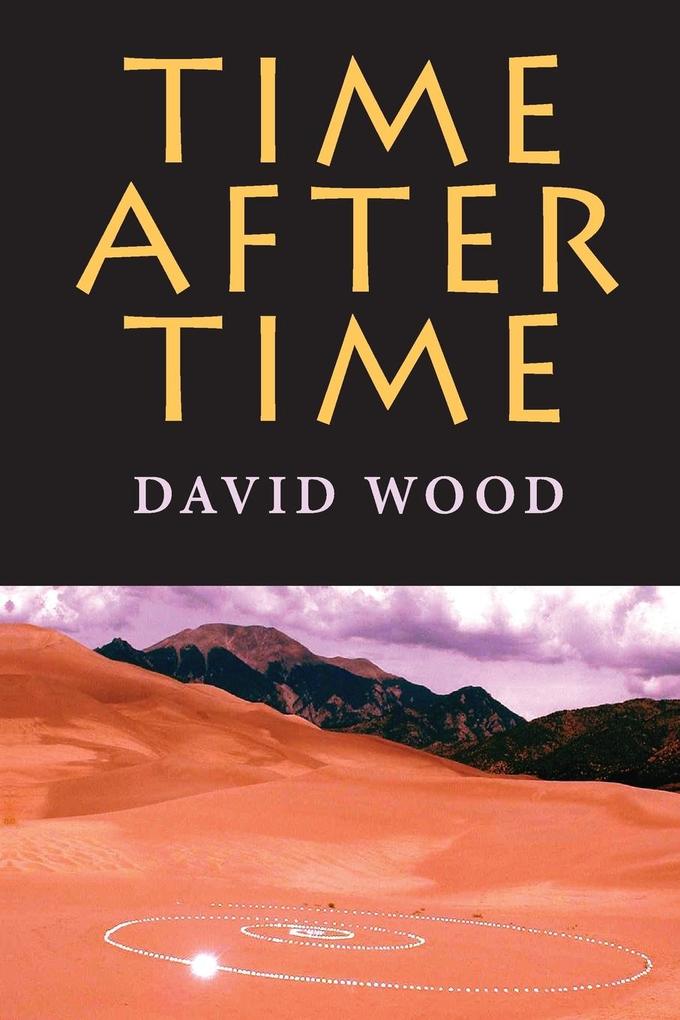In Time After Time, David Wood accepts, without pessimism, the broad postmodern idea of the end of time. Wood exposes the rich, stratified, and non-linear textures of temporal complexity that characterize our world. Time includes breakdowns, repetitions, memories, and narratives that confuse a clear and open understanding of what it means to occupy time and space. In these thoughtful and powerful essays, Wood engages Kierkegaard, Nietzsche, Heidegger, and Derrida to demonstrate how repetition can preserve sameness and how creativity can interrupt time. Wood's original thinking about time charts a course through the breakdown in our trust in history and progress and poses a daring and productive way of doing phenomenology and deconstruction.
Inhaltsverzeichnis
Contents
Preface
Acknowledgments
Introduction
Part 1. Why Time Breaks Down
1. Interruptions, Regressions, Discontinuities: Why Time Breaks Down
2. Time-Shelters: An Essay in the Poetics of Time
3. Economies of Time: Beyond Activity and Passivity
Part 2. Heidegger's Struggle with Time
4. Reiterating the Temporal: Toward a Rethinking of Heidegger on Time
5. From Representation to Engagement
6. Glimpses of Being in Dasein's Development: Reading and Writing after Heidegger
Part 3. The Event of Time
7. The Event of Philosophy: Heidegger, Foucault, Deleuze
8. Political Openings: Heidegger 1933-34
9. Following Derrida
Part 4. Art and Time
10. The Dark Side of Narrative
11. Thinking Eccentrically about Time: The Strange Loops of Escher and Calvino
12. Art as Event
Notes
Selected Bibliography
Index










